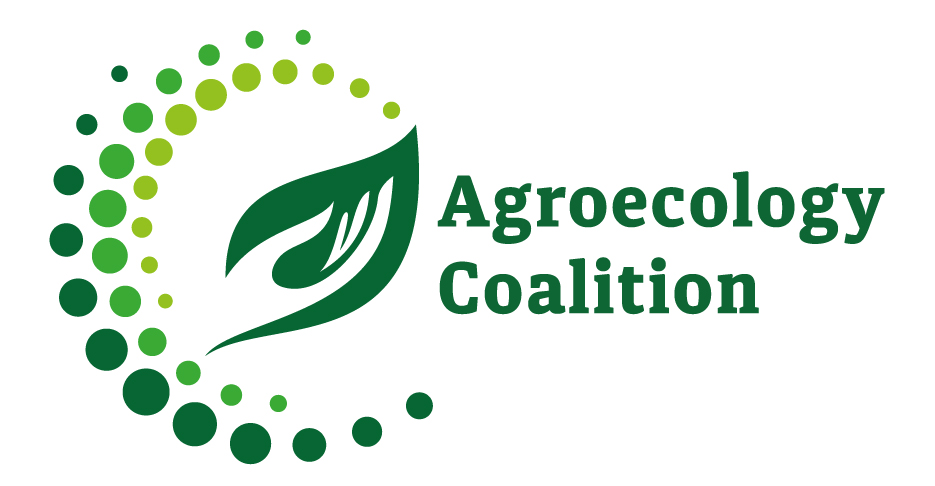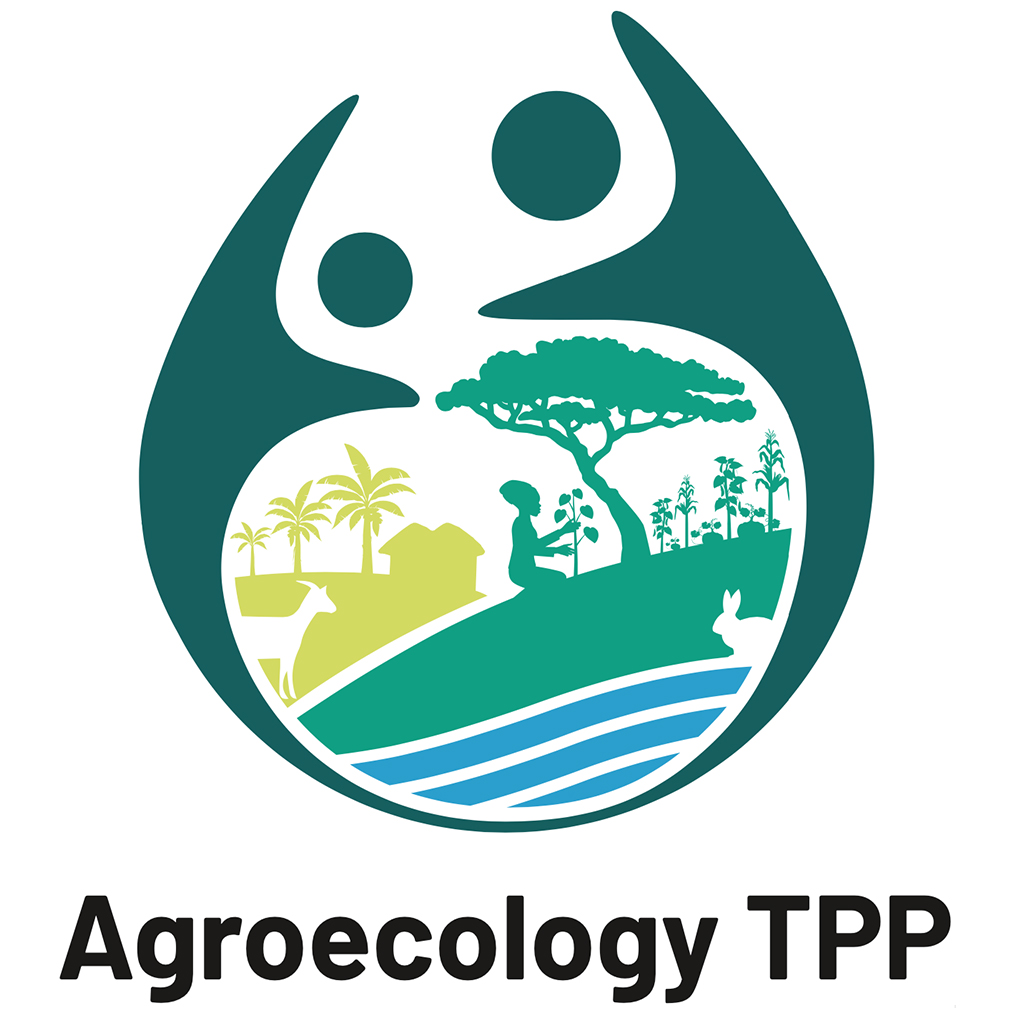Incorporating inclusive water management and aquatic food in agroecological transitions

Just agroecological transitions aim to transform food systems to address global challenges simultaneously, including: hunger, widespread degradation of land and water resources, the climate crisis and biodiversity loss but the currently adopted agroecological principles do not adequately cover water management and aquatic foods.
This session presents and discusses revisions to the agroecological principles that incorporate inclusive water management and aquatic food. It then explores their implications for agroecological transitions at scale in member countries of the Agroecology Coalition that face urgent need to adapt to increasing frequency and severity of droughts in some cases and floods in others brought about by climate change.

Michaela Lo

Matthew McCartney

Rada Kong

Mohamed Yahya Lafdal

Swati Renduchintala























